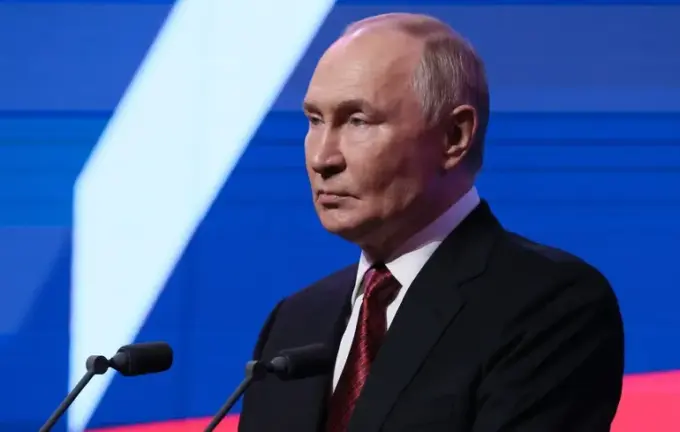Threat of Sanctions and Their Impact on Russia’s Oil and Gas Industry: Will They Alter Putin’s Plans?

Amid the new US sanctions targeting Russia’s energy sector, aimed at halting or significantly restricting Russian oil and gas activities, considerable attention is directed toward assessing the effectiveness of these measures and their potential to influence Kremlin’s future strategies.
The Biden administration seeks to exert pressure on Vladimir Putin’s regime, hoping to bring the leader to negotiations and compel a reversal of his aggressive foreign policy, including the invasion of Ukraine.
However, expert analyses indicate that Russian energy corporations have already prepared for these sanctions through extensive networks of intermediaries and shadow schemes for exporting oil and gas to other countries.
Meanwhile, a significant portion of Russia’s federal budget depends on energy exports — approximately 25%.
Breaking or reducing this revenue stream is exceptionally challenging, as Russia has established mechanisms for circumventing sanctions via proxy networks and illicit trading routes.
This allows energy exports to continue despite price and shipment restrictions, which can push global oil prices upward due to supply limitations.
At the same time, Russia’s economy already confronts a series of problems — declining oil prices, additional sanctions, and internal financial policies have slowed its growth, projected at around 1% in 2024.
The Russian government is attempting to curb inflation and stabilize the situation, though the ongoing war remains a heavy burden, fueling internal uncertainty.
Meanwhile, the US applies various economic sanctions that have repeatedly caused diplomatic tensions and even disagreements among world leaders.
Recent meetings in Budapest and Washington saw the US escalate restrictions on Russian oil companies to increase pressure and push Russia to modify its stance in the Ukraine conflict.
Nevertheless, experts suggest that Russia may continue to evade sanctions and seek new ways to export energy resources, remaining in a state of economic uncertainty, with long-term consequences for its foreign policy and internal development.
Current trends confirm this: even with restrictions in place, Russia continues to derive financial and strategic capacity to sustain its influence on the global stage.

